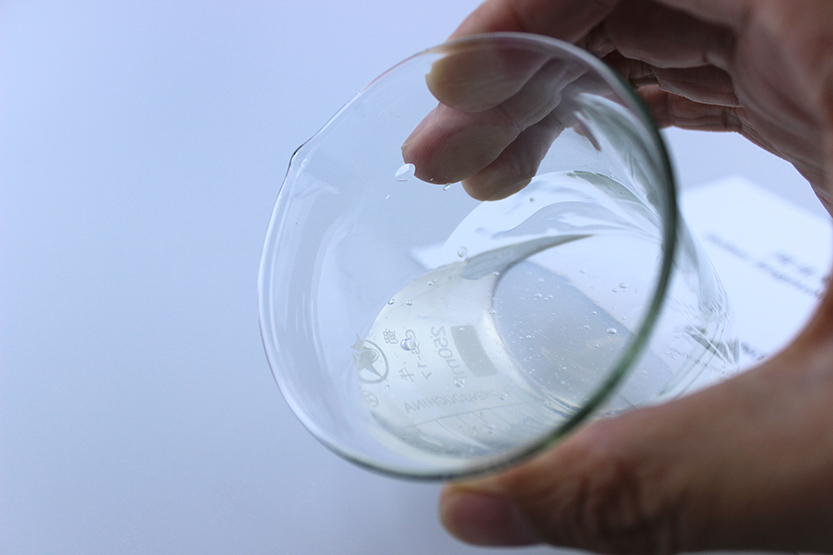
نوامبر . 06, 2024 01:39 Back to list
Hydroxyethyl Cellulose Applications and Benefits in Various Industries and Products
Hydroxyethyl Cellulose An In-Depth Overview
Hydroxyethyl cellulose (HEC) is a non-ionic, water-soluble polymer derived from cellulose, widely utilized in various industries due to its unique physical and chemical properties. With applications ranging from pharmaceuticals to construction, HEC serves as a valuable ingredient that enhances the performance of products.
Structure and Properties
HEC is formed through the etherification of cellulose, wherein ethylene oxide is reacted with cellulose. This process introduces hydroxyethyl groups into the cellulose molecule, significantly influencing its solubility and viscosity. One of the key features of HEC is its ability to dissolve in both cold and hot water, forming highly viscous solutions that can be tailored for specific applications.
HEC is characterized by its excellent water retention properties, thickening capabilities, and film-forming abilities. These traits make it an ideal agent for use in a range of products, offering improved texture, stability, and shelf life. HEC is also non-toxic and biocompatible, which makes it suitable for use in food and personal care applications.
Applications
1. Pharmaceuticals In the pharmaceutical industry, HEC is predominantly used as a thickening agent, binder, and stabilizer in various formulations, including creams, gels, and ointments. Its viscosity-modifying properties enhance product consistency, ensuring prolonged release and optimal therapeutic effect. HEC is also employed in controlled drug delivery systems, facilitating the sustained release of active pharmaceutical ingredients.
2. Cosmetics and Personal Care HEC is a popular ingredient in personal care products such as shampoos, conditioners, lotions, and creams. Its thickening ability improves product texture, providing a smooth application and enhanced sensory experience. Furthermore, HEC acts as a film-former, helping to retain moisture on the skin's surface and delivering hydration.
hydroxyéthyl cellulose

3. Food Industry In the food sector, HEC is utilized as a food additive, acting as a thickener and stabilizer in sauces, dressings, and ice creams. Its ability to enhance mouthfeel and improve product viscosity is particularly valued. As a non-toxic and FDA-approved ingredient, HEC is a safe choice for various food products.
4. Construction HEC is also widely adopted in the construction industry, especially in the formulation of cementitious materials and adhesives. It improves workability, water retention, and adhesion properties in mortars and tile adhesives. The inclusion of HEC in these products enhances their stability and application ease, making it a staple in construction formulations.
5. Agriculture In the agricultural sector, HEC functions as a thickening and suspending agent in herbicides, pesticides, and fertilizers. Its excellent formulation stability ensures uniform distribution and consistent performance of these agrochemicals.
Benefits of Hydroxyethyl Cellulose
The utilization of HEC across diverse industries offers numerous benefits
- Versatility Due to its adaptability, HEC can be used in various formulations, making it suitable for an extensive range of applications. - Regulatory Compliance HEC is regarded as safe for use in various applications, including those involving food and pharmaceuticals, meeting stringent regulatory standards. - Environmentally Friendly As a derivative of natural cellulose, HEC is biodegradable and environmentally friendly, aligning with sustainability goals in product development. - Customizability Manufacturers can easily modify the degree of substitution and molecular weight of HEC, tailoring its properties to meet specific requirements for different applications.
Conclusion
Hydroxyethyl cellulose is a versatile and valuable polymer that finds applications in an impressive array of industries. Its unique properties, such as water solubility, thickening capability, and non-toxic nature, make HEC an essential ingredient in pharmaceuticals, cosmetics, food, construction, and agriculture. As industries continue to seek sustainable and effective solutions, the significance of HEC is likely to grow, solidifying its position as a crucial component in numerous formulations. Whether enhancing product performance or improving user experience, hydroxyethyl cellulose is undeniably a key player in modern material science and product development.
-
Versatile Hpmc Uses in Different Industries
NewsJun.19,2025
-
Redispersible Powder's Role in Enhancing Durability of Construction Products
NewsJun.19,2025
-
Hydroxyethyl Cellulose Applications Driving Green Industrial Processes
NewsJun.19,2025
-
Exploring Different Redispersible Polymer Powder
NewsJun.19,2025
-
Choosing the Right Mortar Bonding Agent
NewsJun.19,2025
-
Applications and Significance of China Hpmc in Modern Industries
NewsJun.19,2025







